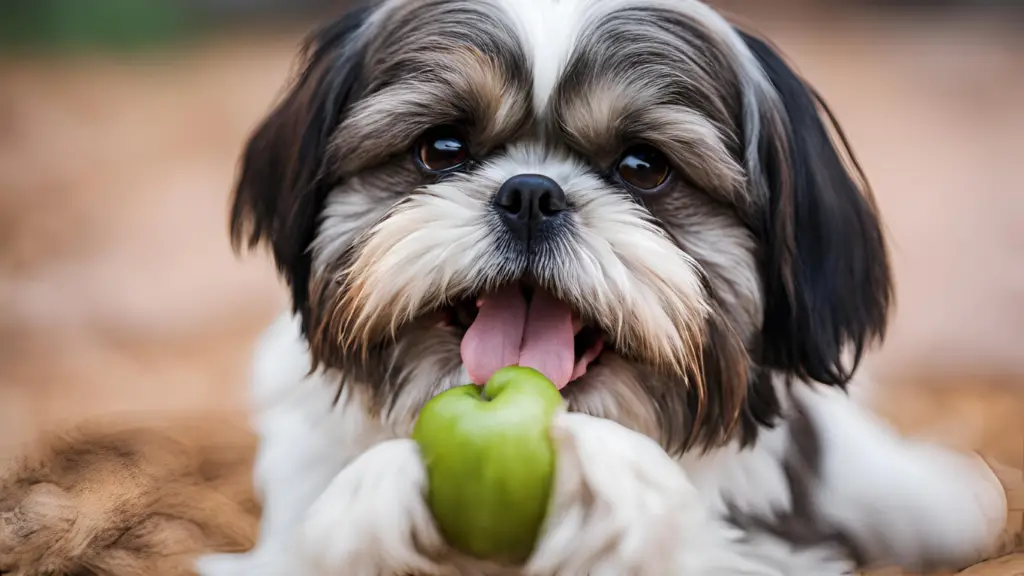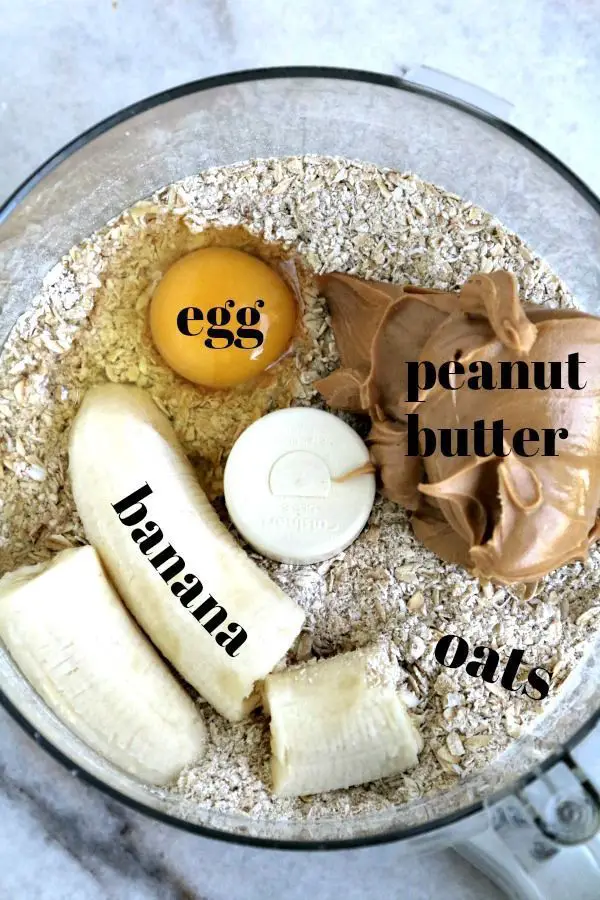
Ensuring your Shih Tzu receives the best diet is crucial for their overall health and well-being. A well-balanced diet not only supports their physical health but also contributes to their energy levels, coat condition, and longevity. This comprehensive guide will cover essential aspects of a Shih Tzu’s diet, from understanding their nutritional needs to choosing the right food and addressing common dietary concerns. Whether you are a new Shih Tzu owner or looking to improve your dog’s current diet, this guide will help you make informed decisions to keep your furry friend healthy and happy.
Understanding Shih Tzu Nutritional Needs
Shih Tzus have specific nutritional requirements that must be met to maintain their health. Their diet should be well-balanced, providing essential nutrients like proteins, fats, carbohydrates, vitamins, and minerals. Proteins are crucial for muscle development and repair, while fats supply energy and support healthy skin and coat. Carbohydrates provide additional energy and aid in digestion. Vitamins and minerals are vital for various bodily functions, including immune support and bone health.

Consulting with your veterinarian can help you understand your Shih Tzu’s specific nutritional needs, especially if they have any health conditions or dietary restrictions. Regular check-ups can also help monitor their weight and overall health to ensure their diet remains appropriate as they age.
Choosing the Right Food: Dry vs. Wet Food
When selecting food for your Shih Tzu, you can choose between dry kibble, wet food, or a combination of both. Dry food is convenient, helps maintain dental health, and is often more economical. It typically has a longer shelf life and can be easier to store. Wet food, on the other hand, is often more palatable for dogs and can be beneficial for those with dental issues or difficulty chewing. Wet food also provides additional moisture to your Shih Tzu’s diet, which can be particularly useful if they are prone to urinary tract issues.

Both types of food can be nutritious, but it’s important to choose high-quality brands that list meat as the first ingredient and avoid fillers like corn or soy. Some owners opt for a mix of dry and wet food to provide variety and ensure their Shih Tzu enjoys their meals.
Understanding Ingredients: What to Look For
High-quality dog food should contain real meat, poultry, or fish as the primary ingredient. Meat provides the necessary proteins and amino acids that are essential for muscle maintenance and overall health. Look for foods that include named sources of fat, such as chicken fat or fish oil, as they are better quality and more digestible.

Avoid foods with unspecified meat by-products, artificial preservatives, and excessive fillers. Ingredients like corn, soy, and wheat can be harder for dogs to digest and may lead to allergies or sensitivities. Opt for foods with added vitamins and minerals to support your Shih Tzu’s health, including omega fatty acids for a healthy coat and joints.
Portion Control: How Much Should You Feed Your Shih Tzu?
Portion control is crucial for maintaining a healthy weight in your Shih Tzu. Overfeeding can lead to obesity, which can cause various health problems, including diabetes and joint issues. The amount of food your Shih Tzu needs depends on their age, weight, activity level, and metabolism.

Follow the feeding guidelines provided on the dog food packaging as a starting point, but adjust portions based on your Shih Tzu’s specific needs. Regularly monitor their weight and body condition to ensure they are maintaining a healthy weight. Consult your veterinarian for personalized recommendations on portion sizes and feeding schedules.
Special Diets for Shih Tzus with Health Conditions
If your Shih Tzu has specific health issues, such as allergies, diabetes, or kidney disease, they may require a special diet. Allergies may necessitate a hypoallergenic diet or limited ingredient food. Diabetes may require food with controlled carbohydrate levels, while kidney disease might require a diet lower in protein and phosphorus.

Always consult your veterinarian before making changes to your Shih Tzu’s diet. They can provide guidance on selecting appropriate foods and supplements to manage your dog’s condition effectively. Dietary adjustments should be made gradually to avoid digestive upset.
Homemade and Raw Diets: Pros and Cons
Some owners opt to prepare homemade or raw diets for their Shih Tzus. Homemade diets allow for complete control over ingredients and can be customized to meet your dog’s specific needs. However, it requires careful planning to ensure the diet is nutritionally balanced. Consult a veterinary nutritionist to create a complete and balanced homemade diet for your Shih Tzu.

Raw diets, also known as BARF (Biologically Appropriate Raw Food), involve feeding raw meat, bones, and vegetables. Proponents argue that raw diets mimic a dog’s natural diet and can improve coat condition and energy levels. However, raw diets carry risks such as bacterial contamination and nutrient imbalances. If considering a raw diet, ensure proper handling and balance to meet your Shih Tzu’s nutritional needs.
Treats and Snacks: Healthy Options and Moderation
Treats and snacks can be a great way to reward your Shih Tzu and provide variety in their diet. Choose treats that are low in calories and made with high-quality ingredients. Opt for treats that are appropriate for your dog’s size and avoid those with excessive fillers, sugars, or artificial additives.

Use treats in moderation to prevent weight gain and maintain a balanced diet. Treats should make up no more than 10% of your Shih Tzu’s daily caloric intake. Incorporate healthy options like small pieces of fruits or vegetables as treats to add variety and nutrition to their diet.
Hydration: The Importance of Fresh Water
Maintaining proper hydration is essential for your Shih Tzu’s health. Ensure your dog always has access to fresh, clean water. Proper hydration supports digestion, joint health, and overall bodily functions.

Monitor your Shih Tzu’s water intake and make sure they are drinking enough throughout the day. If you notice a change in their drinking habits, it could indicate a health issue, and you should consult your veterinarian.
Transitioning to a New Diet: Steps to Take
When introducing a new food to your Shih Tzu’s diet, it’s important to do so gradually to avoid digestive upset. Start by mixing a small amount of the new food with their current food, gradually increasing the proportion of the new food over a period of 7-10 days.

Monitor your Shih Tzu for any signs of digestive issues such as vomiting, diarrhea, or changes in appetite. If any problems arise, consult your veterinarian. A gradual transition helps your Shih Tzu’s digestive system adjust and reduces the risk of adverse reactions.
Conclusion
Providing the best diet for your Shih Tzu is crucial for their overall health and well-being. By understanding their nutritional needs, choosing high-quality food, and managing portion sizes, you can ensure your Shih Tzu receives the nutrients they need to thrive. Whether you opt for commercial dog food, homemade meals, or raw diets, consulting with your veterinarian and monitoring your Shih Tzu’s health are key to maintaining a balanced diet. With the right diet and proper care, your Shih Tzu will enjoy a happy, healthy life full of energy and vitality.


